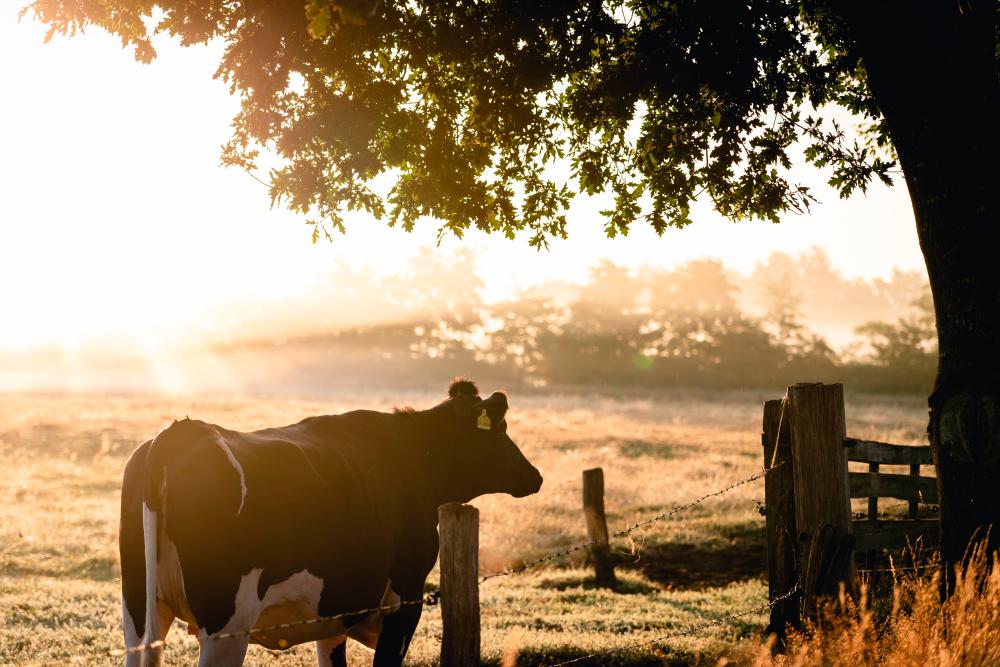ONE of my favorite topics of conversation when I meet foreign workers who work in factories and hotels is what would they do when they return to their respective countries at the end of their employment contract.
To my surprise, I always get a similar response – they will not need to work in a formal sector since their villages have all the necessary resources to survive. They have farms for growing food and rearing chickens, cows and goats that are used for personal or community consumption or sold to the cities through a supply chain.
There is a fallback plan to their rural eco-system in case there is a rupture or end to employment in the formal economy.
What is interesting is that there is an alternative informal rural economy that is built on the ethos of village living, that provides social security where one takes ownership of one’s social interaction and economic activity, unlike the formal economic system where the capitalist utilitarianism tends to determine the organisation of society.
The Covid-19 pandemic has shown how a formal economy in an urban setting can be devastated, causing millions to be unemployed, businesses going bankrupt and far worse, people losing their lives due to infection by a deadly virus.
The crisis has shown a world that is obsessed with economic prosperity and growth, and has forgotten the sense of balance that comes with community solidarity, informal economic activities and integral ecology.
In fact, the three elements mentioned should be the vision of the future built on the principle of subsidiarity, where local solutions to local issues are sought.
Are we fostering a sense of community living in our villages and urban housing areas?
Are we working on abandoned land in our surrounding areas for community farming, where we can fall on when there is a rupture in the formal economy such as food inflation?
Are our decisions on day to day of community living strongly rooted in a consciousness of being part of a natural environmental system that needs to be nurtured and protected?
Do we need a disastrous pandemic for us to realise the importance of an informal economy that enhances the skills and knowledge of individuals in our community?
The informal economy, where an economic activity that is not subjected to government regulation and taxation, supports some of the most vulnerable in society. For example, in sub-Saharan Africa, the countries generate 90% of employment opportunities.
Let us build up an alternative vision of community solidarity, informal economy and integral ecology to fall on before another disaster happens.
Ronald Benjamin
Secretary Association for Welfare Community and Dialogue















